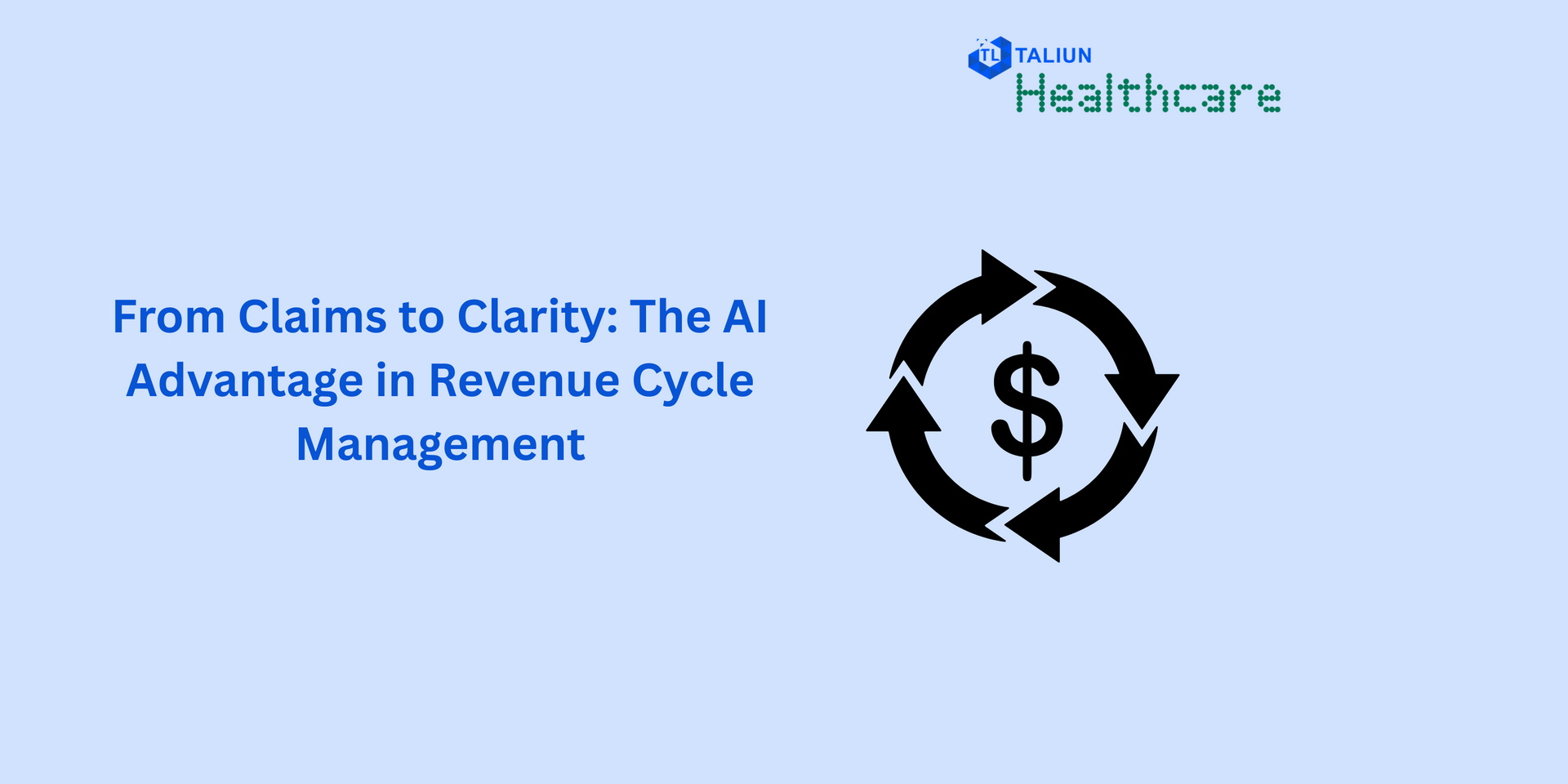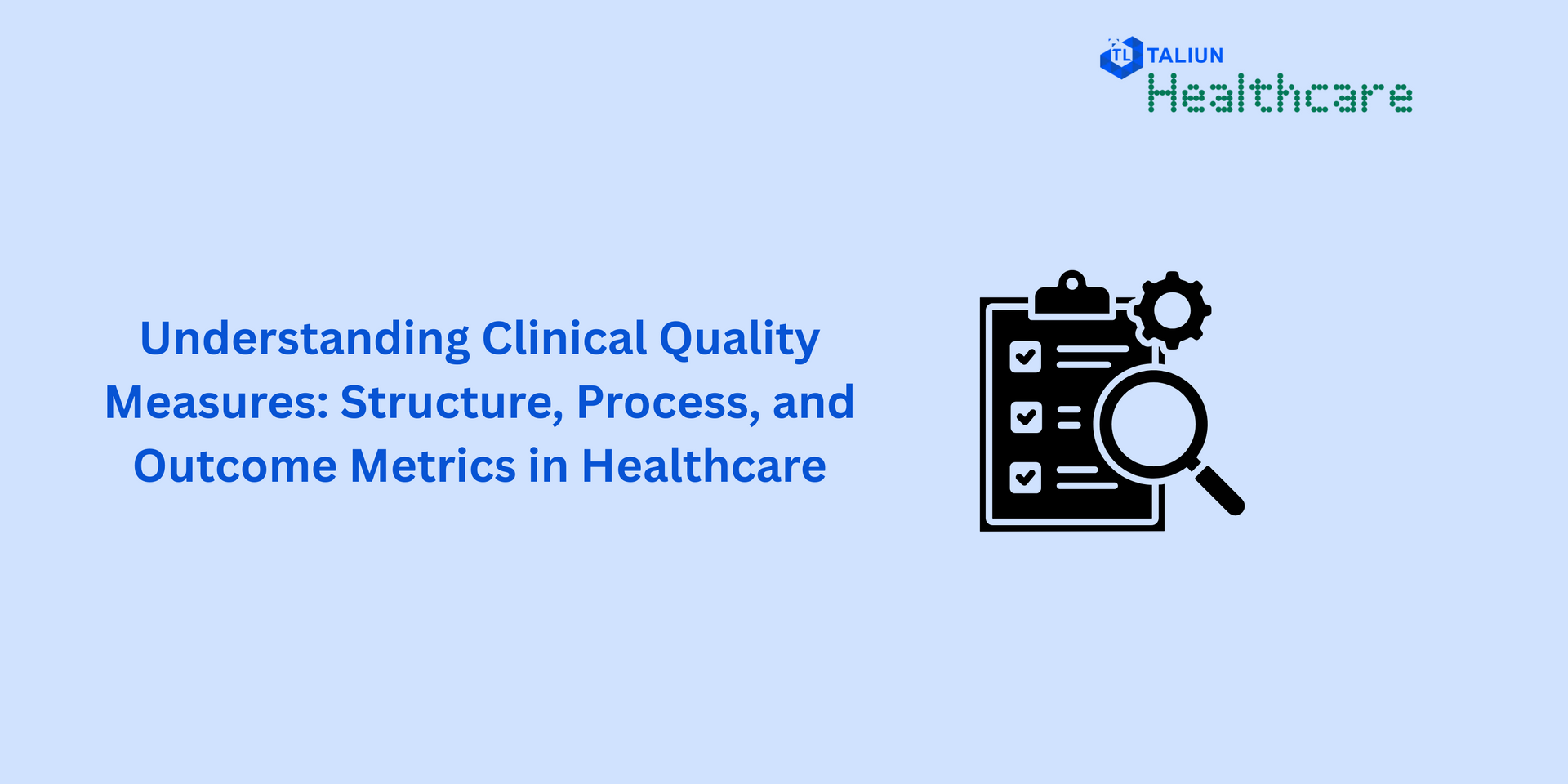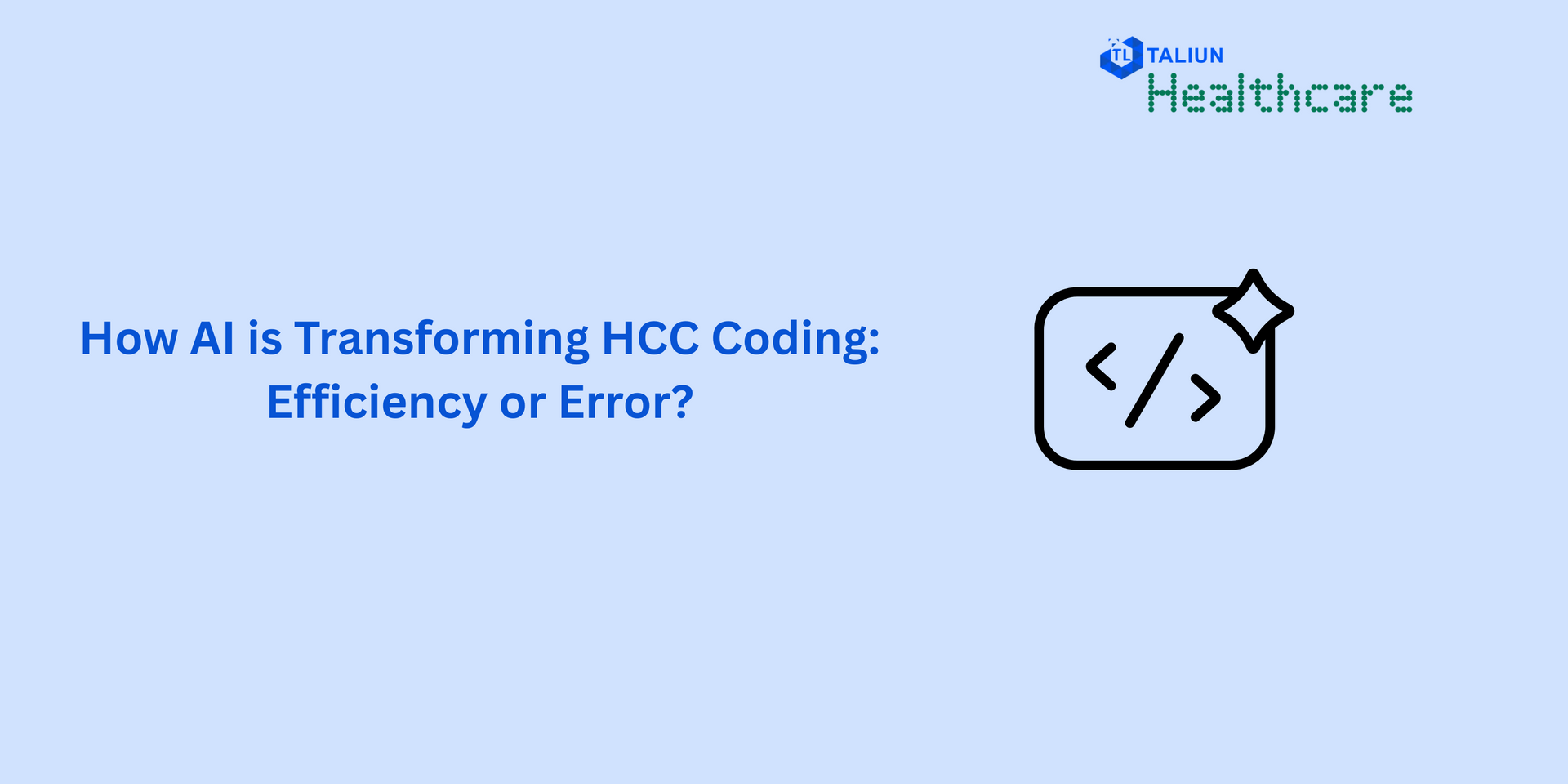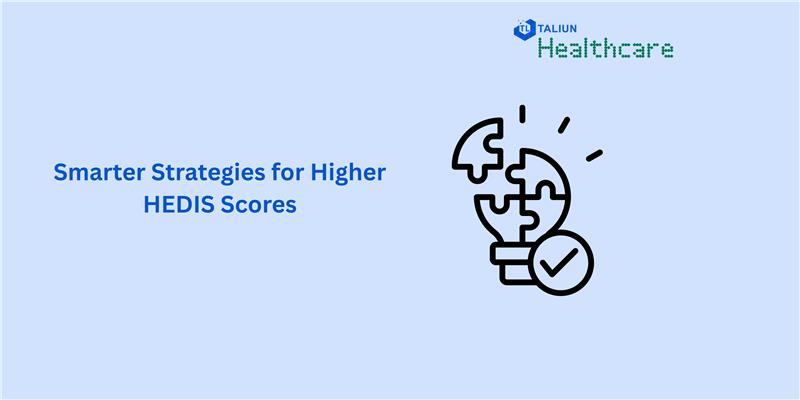Optimizing Revenue Cycle Management with Advanced Analytics and Automation

In an industry where margins are tight and complexity reigns, the real competitive edge in healthcare isn’t just clinical excellence, it’s operational mastery. Enter the next frontier: using advanced analytics and AI-powered automation to optimize revenue cycle management (RCM).
This isn't just a tech upgrade. It's a shift in mindset, workflow, and performance.
Why Revenue Cycle Management Is Ripe for Reinvention
Healthcare revenue cycle management spans every step from patient registration to final payment. It’s sprawling, fragmented, and filled with manual handoffs. For decades, this process has been weighed down by claim denials, billing errors, and administrative bottlenecks.
The costs are massive. And the revenue leakage? Even bigger.
Which is exactly why the smartest healthcare organizations are now turning to AI in healthcare revenue cycle processes, not just to reduce costs, but to accelerate cash flow, improve accuracy, and boost patient satisfaction.
The Impact of AI on Healthcare Revenue Cycle
So, how is AI transforming revenue cycle management in healthcare?
In three big ways:
1. Proactive Denial Prevention
Instead of reacting to denials, AI models flag high-risk claims before they’re submitted. This allows revenue cycle teams to fix errors in real time, reducing rework and improving first-pass yield.
2. Predictive Cash Flow Forecasting
AI-driven analytics can analyze historical payment patterns and payer behavior to give finance leaders a more accurate view of expected cash flows.
3. Automated Coding and Documentation Review
Natural language processing tools can review clinical notes, flag documentation gaps, and suggest more accurate coding, all within seconds.
These aren’t future possibilities. These are today’s capabilities being deployed by the best healthcare revenue cycle management services in the business.
The Latest AI Priorities in Healthcare Revenue Cycle Management (2025 Edition)
2025 is seeing sharper execution and broader adoption, not brand-new breakthroughs. The innovations reshaping RCM today aren’t inventions; they’re reinforcements of proven strategies, scaled with new precision:
- Real-Time Claim Risk Scoring: Machine learning models now routinely score claims at the point of creation to flag denial risks instantly.
- Smarter Prior Authorization: AI bots continue to streamline pre-approvals by handling payer requests with faster, more accurate responses.
- Focused Mid-Cycle Optimization: New platforms are doubling down on CDI, coding precision, and regulatory compliance, eliminating costly gaps in the process.
Which leads to a key question...
What are the best AI solutions for mid-revenue cycle management in healthcare?
Look for tools that:
- Integrate with EHRs and RCM platforms
- Offer CDI insights based on real-time chart reviews
- Provide coding recommendations with confidence scoring
- Are built for compliance in a changing regulatory landscape
From Data to Dollars: Why Analytics Is the Glue
Automation without intelligence is noise. The true value of RCM transformation lies in advanced analytics:
- Dashboards that reveal denial trends by CPT or provider
- Benchmarks across departments and payer types
- Predictive models that anticipate revenue gaps before they hit the ledger
Analytics doesn’t just tell you what happened, it tells you what to do next.
The Road Ahead: Strategy Before Software
Technology is not a magic bullet. The most successful RCM transformations begin with strategy:
- Audit your current workflows
- Map automation to high-friction, high-cost areas
- Align finance, clinical, and IT teams around shared KPIs
The goal isn’t to replace people, it’s to empower them.
Final Thoughts
Healthcare revenue cycle management is no longer a back-office function. It’s a frontline differentiator.
The organizations that thrive in 2025 and beyond will be those that treat RCM as a strategic asset, not just a cost center. That means investing in AI, embracing analytics, and rethinking how teams, tech, and processes come together.
Because in this new era of healthcare, your bottom line begins at the intersection of automation and insight.
If you are ready to rethink revenue cycle management from the ground up, Taliun works with healthcare leaders to bring clarity, efficiency, and intelligence to every layer of the revenue engine. It’s not about patchwork, it’s about precision, powered by AI and analytics that actually deliver.




